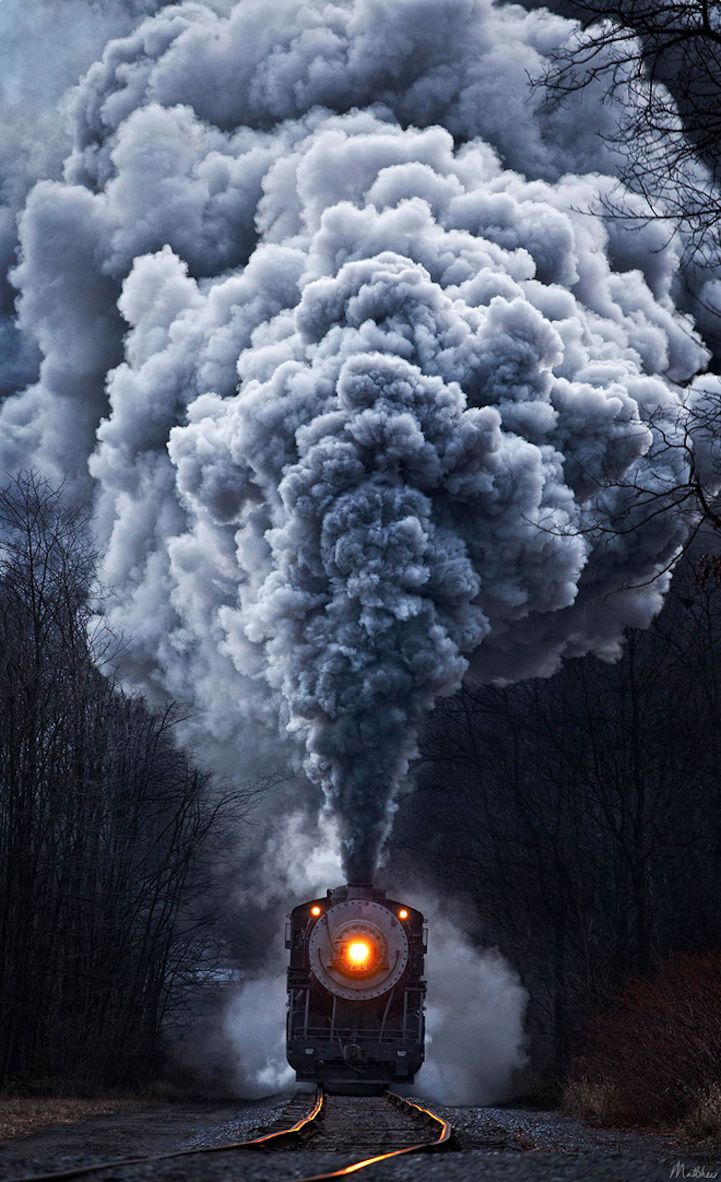As I said in a message to a friend last night, "The Toupee is down. Repeat, The Toupee is down."
I will say that one thing we might see (and I'm actually somewhat optimistic about this possibility) would be Trump taking an axe to the EIS process (and indeed invoking federal preemption in some fashion to run over CA's EIS processes in the future). Basically, see this as construction lobby vs consulting firm lobby. Trump seems to fall into the former's camp given his campaign tacks (and I suspect he'd love to take a bat to some NIMBYs given the Television City affair). Making ten thousand construction jobs at the cost of perhaps a few hundred consultants seems like a palatable trade.
[Edit: To clarify, I see two points of attack here. One is the time required to make a study happen. Knocking this down by 50% would be reasonable (e.g. shooting for a two-year cycle instead of 3-4 years). The other is reducing the number of "points of attack" for lawsuits and derailing objections, which is where stuff often goes bad. Something which merely raised the burden for "stop the project" lawsuits (the Purple Line shrimp comes to mind, as does the FEC archaeology case) would go a long way. Another thing would be to make it easier to simply force the suits into "money fights" (e.g. only allow someone to seek compensation rather than an injunction if they're complaining about, say, property value impact).]
I strongly believe that injunctions should be reserved for irreparable environmental damage, like driving endangered species extinct. I'd include demolishing people's houses as a category which you should be able to get an injunction for, if you can prove that the EIS did not analyze the risks right. And chopping down mature trees. But if you're claiming something dumb like noise or parking or property value or whatever, it should be thrown into money damages immediately. And if you're making an archaeology claim, you'd better have an archaeologist to testify. The Purple Line shrimp case should have been thrown out as frivolous as the state had already looked for the shrimp and found that they were not there, and the complainants didn't have any contrary evidence.
The best lawsuits I've seen are basically "You lied about the project" suits against EISes, like the one Milwaukee won against a giant highway project, and those should still be valid.
(Also, California does seem to have a particularly problematic EIS system compared to the rest of the country, but the federal government can't really change that!)




